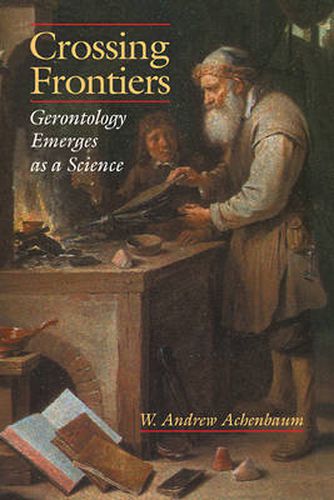Readings Newsletter
Become a Readings Member to make your shopping experience even easier.
Sign in or sign up for free!
You’re not far away from qualifying for FREE standard shipping within Australia
You’ve qualified for FREE standard shipping within Australia
The cart is loading…






Although philosophers, physicians, and others have long pondered the meanings and experiences of growing older, gerontology did not emerge as a scientific field of inquiry in the United States until the twentieth century. The study of aging borrows from a variety of other disciplines, including medicine, psychology, sociology and anthropology, but its own scientific basis is still developing. Despite dozens of aging-related journals, and a notable increase in state, regional, national and international networks, there are no widely shared techniques or distinctive methods. Theories of aging remain partial and tentative. By tracing intellectual networks and analyzing institutional patterns, Crossing Frontiers shows how old age became a ‘problem’ worth investigating and how a multidisciplinary orientation took shape. Gerontology is a marginal intellectual enterprise but its very strengths and weaknesses illuminate the politics of specialization and academic turf-fighting in U.S. higher education.
$9.00 standard shipping within Australia
FREE standard shipping within Australia for orders over $100.00
Express & International shipping calculated at checkout
Although philosophers, physicians, and others have long pondered the meanings and experiences of growing older, gerontology did not emerge as a scientific field of inquiry in the United States until the twentieth century. The study of aging borrows from a variety of other disciplines, including medicine, psychology, sociology and anthropology, but its own scientific basis is still developing. Despite dozens of aging-related journals, and a notable increase in state, regional, national and international networks, there are no widely shared techniques or distinctive methods. Theories of aging remain partial and tentative. By tracing intellectual networks and analyzing institutional patterns, Crossing Frontiers shows how old age became a ‘problem’ worth investigating and how a multidisciplinary orientation took shape. Gerontology is a marginal intellectual enterprise but its very strengths and weaknesses illuminate the politics of specialization and academic turf-fighting in U.S. higher education.